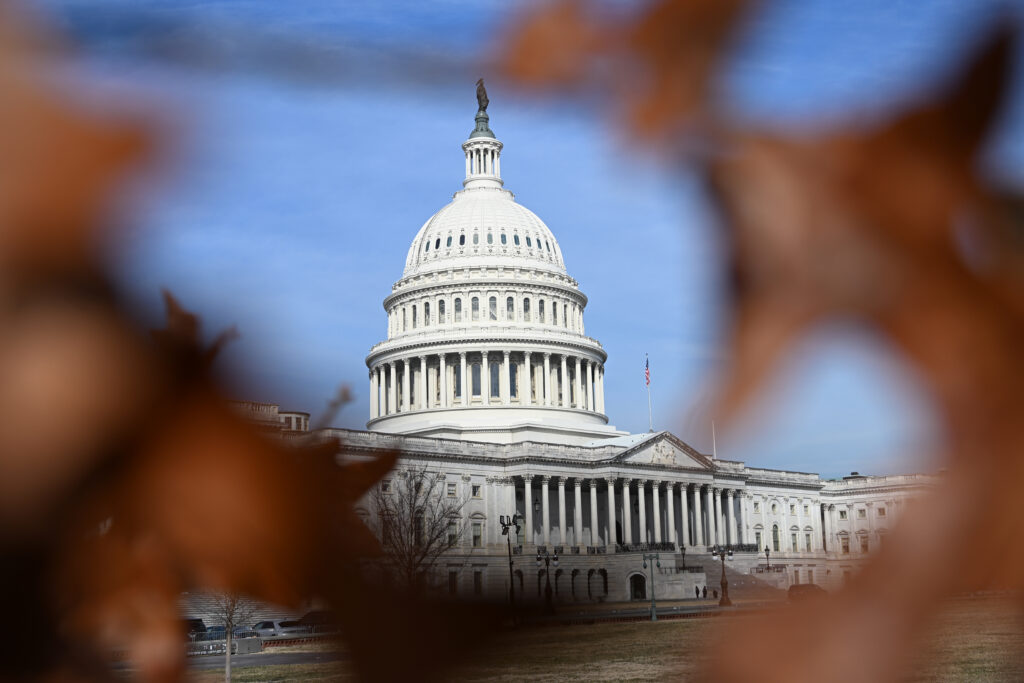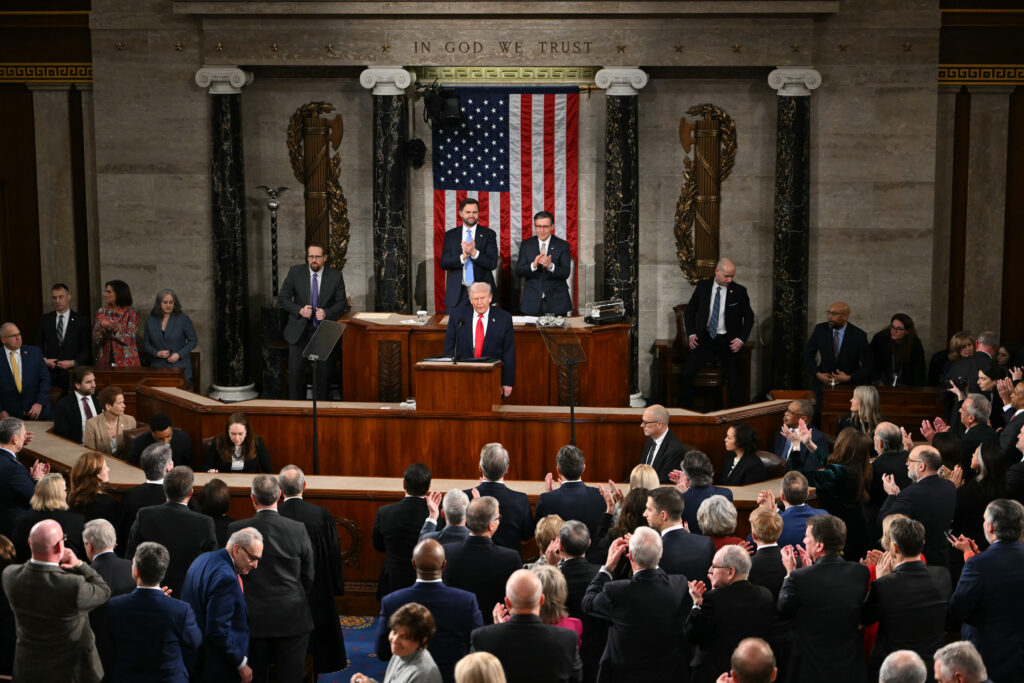Residents flee as Iran missiles stun peaceful Gulf cities
A barrage of Iranian strikes caused havoc across the Gulf on Saturday, shattering the aura of peace so highly prized by the oil-rich region’s wealthy rulers. Missiles streaked across clear desert skies as smoke plumed from US bases in Manama and Abu Dhabi and loud thuds shook high-rise windows in Dubai.In Qatar, dozens of people fled in panic as a falling missile plunged into a residential neighbourhood, erupting in a fireball as it hit the street.Flames and smoke erupted from a luxury hotel on Dubai’s Palm, the landmark, palm tree-shaped development of land reclaimed from the sea, after a loud bang sent passers-by scurrying for cover.And in Abu Dhabi, the United Arab Emirates’ capital, golfers enjoying a quiet round were stunned to see dozens of projectiles flying overhead. The Gulf monarchies have worked hard to stay on the periphery of Middle East conflict, relying on their stability to attract business, trade and tourism. The staunch US allies have carefully courted Iran, their powerful Shia neighbour. Saudi Arabia, a rival heavyweight, mended ties with Tehran after a seven-year rupture in 2023.Given their reputation for calm, Saturday’s sudden attacks on US military bases caused widespread shock among the Gulf’s diverse, expat-heavy populations. In Bahrain’s capital Manama, residents were hurriedly evacuated from the Juffair district housing the US navy’s Fifth Fleet, whose base was hit in the attack. “When we heard the sounds, we cried out of fear,” said Jana Hassan, a 15-year-old school student, who was visiting a friend in the area. “We didn’t know what to do… I will never forget the sound of those loud blasts.” In Dubai, the Middle East’s commercial hub with the world’s tallest building, the Burj Khalifa, residents looked up to see missiles surge through the sky.”It was a rumble and then a bang,” one resident told AFP, asking not to be named.- ‘Very scary and very loud’ -An American resident of Qatar’s capital Doha, who also asked not to be identified, heard two blasts as she was driving home, where she “heard several more and the glass was shaking”. She said she was “furious” about the instability, after 20 years of living in Qatar. Her teenage sons, she said, are “asking me if we will have to go back home”. Qatar was targeted twice last year, when Iran mounted a telegraphed attack on the Al Udeid US base in June and Israel struck a Hamas meeting in Doha in September. Those attacks were a Gulf rarity at the time. The UAE had not been troubled since a deadly assault by Yemen’s Houthi rebels in 2022, whose attacks on Saudi Arabia have also stopped in recent years.”As a Lebanese, I am traumatised,” a 31-year-old expat and mother of two living in Riyadh, the Saudi capital, told AFP. “We came to the Gulf because it’s known to be safer than Lebanon. Now I don’t know what to do or how to think really,” added the woman, who did not want to be named. Another Riyadh resident, from Jordan, said: “It was honestly very scary and very loud. “I was just walking out with my little boy when we suddenly heard the blast. People around us were looking up at the sky, trying to understand what was happening.”It’s not something you expect in Riyadh.”burs-th/ds/dcp







